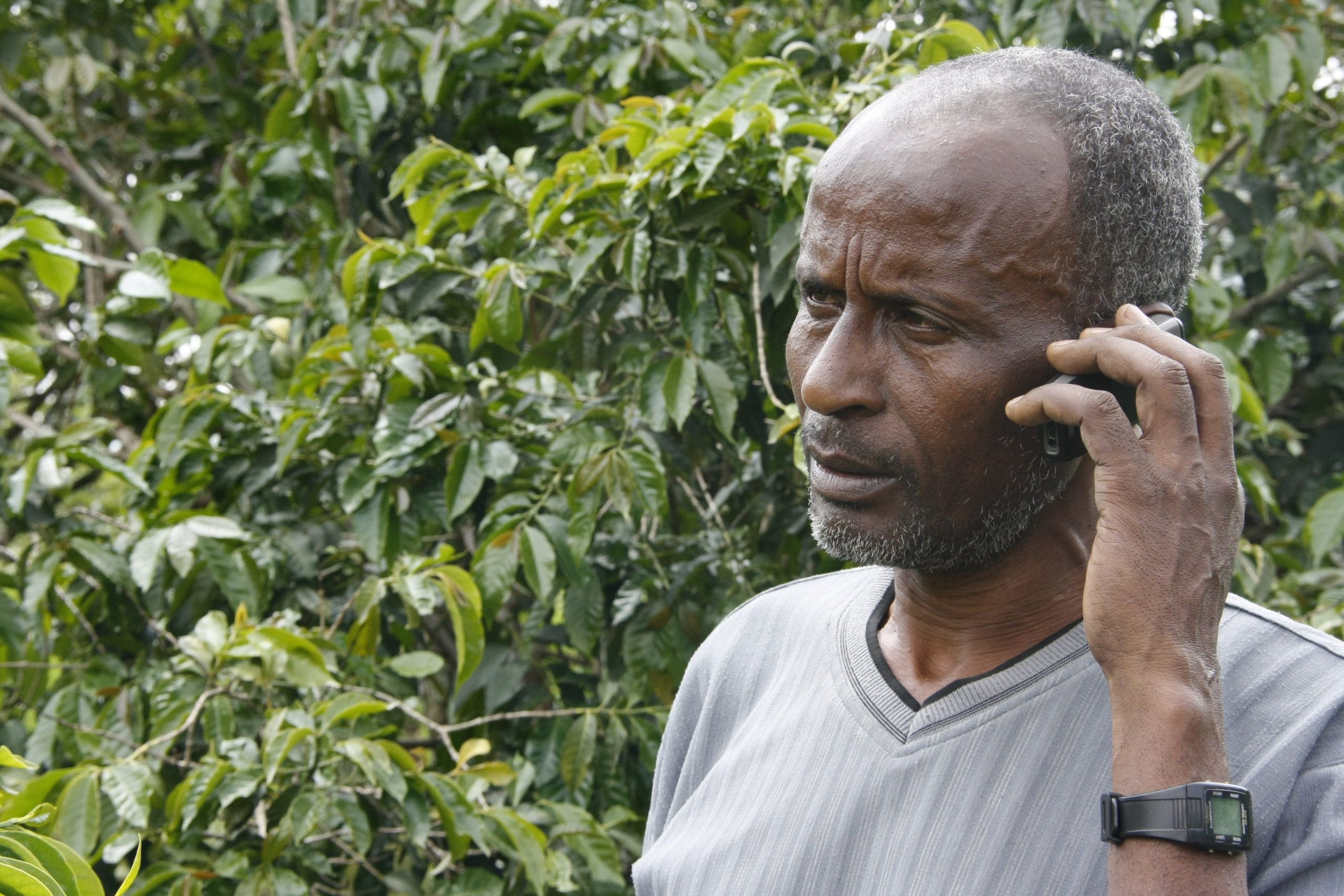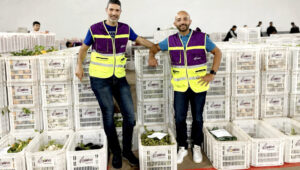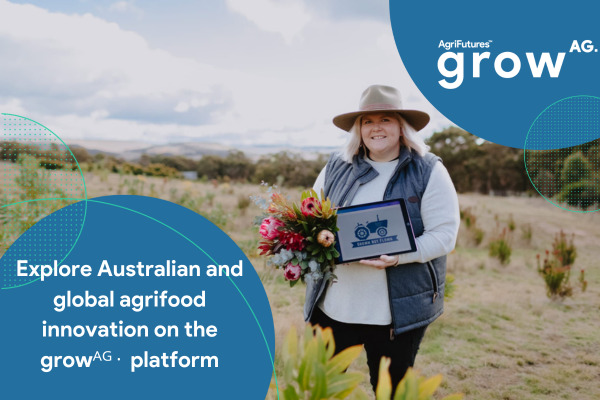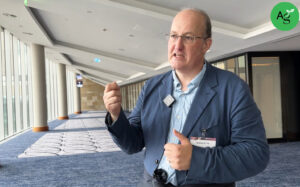Kirchner Food Fellowship, the agricultural impact investment arm of merchant bank Kirchner Group, has invested in Till Mobile, a supply chain communications company.
The Fellowship brings on three students each year to help identify and invest in “conscious agricultural businesses” in the US or abroad out of a $300k fund. The Kirchner Group could invest further in later rounds if the investments perform well.
“We typically invest in seed rounds before Series A, but after angels, and we wouldn’t lead a round, but would join other investors,” said David Byrnes, one of this year’s fellows, adding that the Fellowship invests around $30k to $60k in each opportunity.
This year’s cohort, which also includes Eamonn McGuinty and Sarah Piccini, decided to focus on investing in post-farm gate businesses as a way to tackle food waste and boost farm incomes at the same time, said Piccini, because they believed this would make the most impact on food security today.
“One of the biggest tasks we’ve faced is in sourcing deals and painting a landscape of the opportunities out there,” added McGuinty. “It’s been like venture capital 101, and a great introduction to the VC world and impact investing.”
The Fellowship’s latest investment in Till is a pre-seed deal, ahead of Till Mobile’s $2 million seed round, which it expects to complete next month.
Till Mobile aims to connect smallholders farmers with the big name brands and grocery chains purchasing their produce across the food, footwear, and apparel industries. Using mobile phone voice and SMS — which do not require an internet connection and are readily used across much of the emerging markets — brands can negotiate prices, quantities, and discuss logistics with their smallholder farmers.
For the brands and grocery stores, Till Mobile aims to help them fill gaps in their supply chain data. “If you make it an easy transaction and free, you can start to collect and fill these data gaps,” said Justin Oberman, CEO of Till. These gaps are focused on price, quantity quality, safety, sustainability, and a range of issues around worker protection, he added.
Till is working in the US, India and parts of Africa, and has noticed an increase in yields when the service is used as brands can use it to educate their farmers on growing practices, give them guidance on handling, send weather reports and so on. The World Cocoa Foundation demonstrated a 40% yield improvement in Africa through SMS communication, according to Oberman.
Till can also help to reduce post-harvest losses and improve the logistics around collecting produce.
Oberman believes Till Mobile is introducing a new type of agtech to the market, not only with its focus on connecting smallholders to large global food brands but in its adoption and distribution method, particularly in emerging markets.
“Mars, Pepsico, and Nike gave us the idea for Till; they told us they wanted access to their smallholder growers,” he said. “And I’m increasingly convinced that if you aren’t connected to the marketplace, and specifically the world’s biggest buyers, then you can’t connect with these growers. The tools out there enable farmers to connect to each other and get information from the market, but they won’t get as much traction as if they were connected to the world’s largest brands that are spending the most money.”
The Kirchner Food Fellowship recently closed the application process for the 2016-2017 cohort and will announce the successful candidates in June. As well as giving fellows the freedom to source and invest in companies, the Fellowship also offers interaction with existing companies in the portfolio, which are managed by the Kirchner Impact Foundation. For example, this year’s cohort took a trip to Nicaragua with Kuli Kuli, the moringa products company the fellowship invested in last year, to help out with new sourcing.
Expect to read more about Till Mobile on AgFunderNews.com when the seed round closes. In the meantime, if you have any comments or news, get in touch on [email protected].














Sponsored
Sponsored post: The innovator’s dilemma: why agbioscience innovation must focus on the farmer first